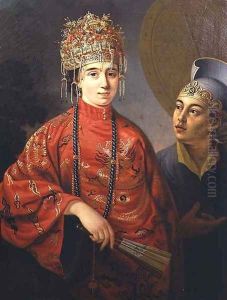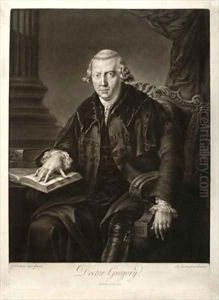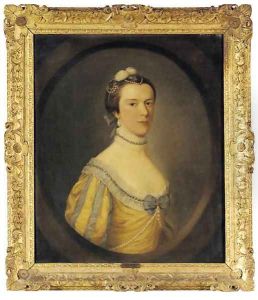Sir George Chalmers Paintings
Sir George Chalmers was a British antiquarian and political writer rather than an artist. Born in Fochabers, Moray, Scotland, in 1720, Chalmers is not widely known for contributions to the visual arts, but rather for his extensive work in historical and political literature. After studying law at the University of Aberdeen and the University of Edinburgh, Chalmers moved to America, where he practiced as a lawyer for some time in Maryland.
In 1775, due to the outbreak of the American Revolutionary War, Chalmers returned to Britain, where he began his governmental career. He eventually obtained a post at the Board of Trade and Plantations, which provided him with the means to pursue his historical interests. Chalmers is best remembered for his research and writings on American colonial history and British political history.
His major works include 'Political Annals of the Present United Colonies' (1780), which was a defense of British policy towards the American colonies, and 'Caledonia' (1807-1824), an extensive historical and topographical study of Scotland, which remained unfinished at the time of his death. Chalmers' other notable contributions to literature include biographical studies and a defense of Thomas Paine's 'Eikon Basilike', which argued that the work was written by King Charles I, a claim that was later disputed.
Chalmers died in London on May 31, 1791. His legacy is that of a scholar and civil servant with a passion for history and politics. His meticulous work laid the groundwork for future historical research, particularly in relation to Scotland and the American colonies. Although he was not an artist in the traditional sense, his detailed historical accounts have painted a vivid picture of the past, which has been invaluable to historians and researchers.



